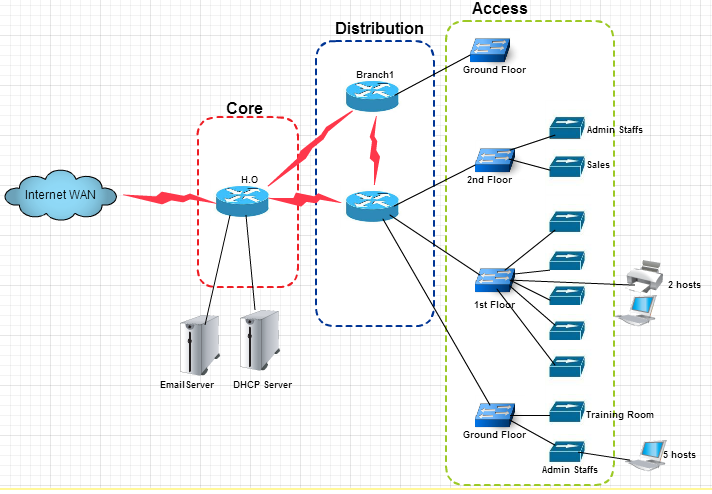Network Building
What is Network Building
Definition:
Network building is the strategic process of establishing and nurturing relationships with individuals, organizations, and communities to foster mutual support, collaboration, and growth opportunities. It involves actively engaging with diverse stakeholders to expand one’s social and professional circles, leveraging shared interests and goals to create value and drive collective success.
Analogies:
Think of network building as constructing a vibrant ecosystem. Just as diverse flora and fauna thrive in a well-connected ecosystem, individuals and organizations flourish through robust networks, where ideas, resources, and opportunities flow freely, enabling growth and innovation.
Further Description:
Network building transcends mere social interactions; it involves cultivating genuine connections, fostering trust, and adding value to others’ lives and endeavors. It encompasses various activities, such as attending networking events, participating in industry forums, and leveraging digital platforms to connect with like-minded peers and influencers.
Strategies for Network Building:
- Strategic Engagement: Identify key individuals, organizations, and communities aligned with your goals and interests, and proactively engage with them through meaningful interactions and collaborations.
- Value Exchange: Seek opportunities to add value to your network by sharing knowledge, resources, and expertise, and be receptive to receiving support and insights in return.
- Active Listening: Practice active listening and empathy to understand the needs, challenges, and aspirations of others within your network, and offer genuine support and encouragement where possible.
- Consistent Communication: Maintain regular communication with your network through various channels, such as emails, phone calls, social media platforms, and in-person meetings, to nurture relationships and stay connected.
Importance of Network Building:
- Opportunity Expansion: A robust network opens doors to new opportunities, including career advancement, business partnerships, mentorship, and personal growth experiences.
- Knowledge Sharing: Networks serve as invaluable repositories of knowledge, insights, and best practices, enabling members to learn from each other’s experiences, perspectives, and expertise.
- Resource Mobilization: Networks provide access to diverse resources, including funding, talent, information, and support networks, which can be leveraged to address challenges, seize opportunities, and drive innovation.
- Emotional Support: Building strong relationships within a network fosters a sense of belonging, camaraderie, and emotional support, particularly during times of adversity, uncertainty, or professional transitions.
Challenges and Considerations:
- Authenticity: Authenticity is paramount in network building; genuine connections are based on trust, transparency, and shared values, rather than superficial exchanges or self-serving motives.
- Time and Effort: Building meaningful relationships takes time and effort; it requires consistent investment in nurturing connections, staying engaged, and demonstrating reciprocity and mutual respect.
- Diversity and Inclusion: Cultivating a diverse and inclusive network enriches perspectives, fosters creativity, and promotes equity and belonging for all members.
Key Takeaways:
- Network building is a strategic process of cultivating connections and relationships to drive mutual growth and success.
- Strategic engagement, value exchange, active listening, and consistent communication are essential elements of effective network building.
- A robust network expands opportunities, facilitates knowledge sharing, mobilizes resources, and provides emotional support, enhancing individual and collective well-being and prosperity.





